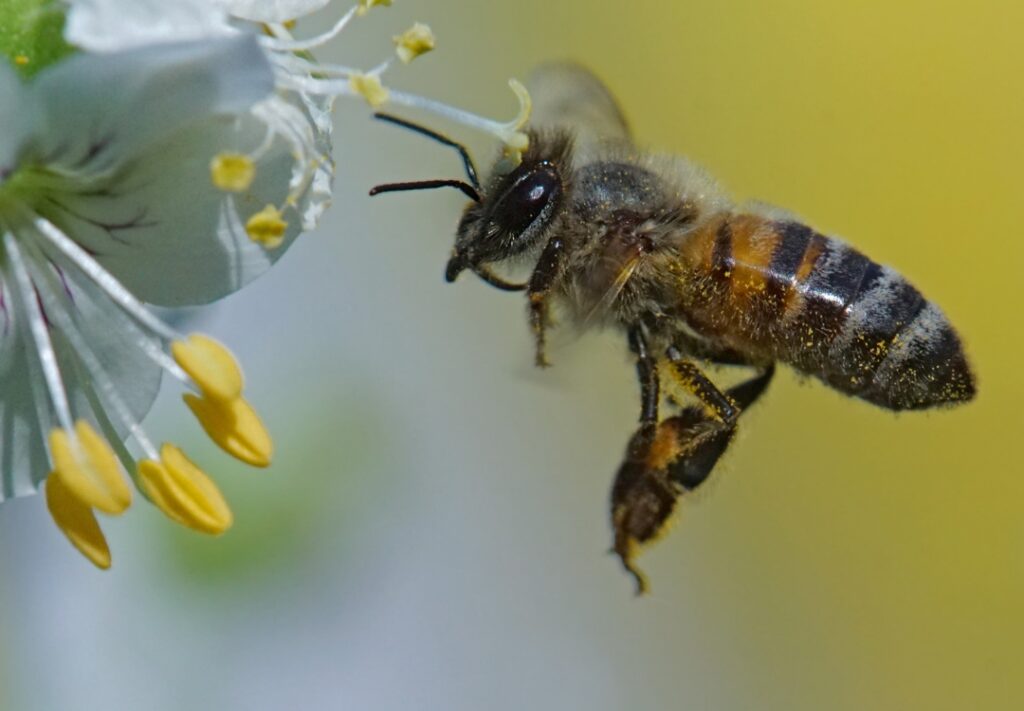The Mysteries of Killer Bees

A glimpse into African bees – known as “killer bees”
Bees are essential for pollination and maintaining ecological balance, playing a vital role in food production.
Among the various species of bees, African bees, known as “killer bees” or “Africanized bees,” stand out for their notoriety.
In this article, we will explore the mysteries surrounding these African bees, understanding their origin, behavior, and the impact they have on beekeeping and human coexistence.
Origin of African Bees: African bees (Apis mellifera scutellata), originally from Sub-Saharan Africa, gained notoriety after being introduced to Brazil in the 1950s.
The aim was to improve honey production, but accidental hybridization with European bees led to the formation of an aggressive and highly defensive lineage.
Defensive Behavior: The nickname “killer bees” is not unfounded. These bees are known to be more aggressive compared to their European counterparts.
They exhibit extremely pronounced defensive behavior, attacking in large numbers and chasing intruders over long distances. This has led to a bad reputation, even though their aggressive behavior is a natural response to protecting the hive.
Dangers of Collective Defense: The main characteristic that sets African bees apart is their intense response to threat. When a hive is disturbed, African bees mobilize a rapid and aggressive collective defense. They pursue invaders at greater distances than other bees, often resulting in fatal accidents for humans and animals.
Migration and Geographic Expansion: After their introduction to Brazil, African bees spread throughout the American continent, reaching the United States.
Their ability to migrate quickly and establish colonies in new areas has made them an invasive species, challenging local bee populations and altering natural ecosystems.
Challenges for Beekeeping: The presence of African bees poses significant challenges for traditional beekeeping.
Their aggressive behavior makes hive management difficult, putting beekeepers at risk and resulting in economic losses.
Additionally, hybridization with other bees can lead to the creation of more aggressive colonies, negatively impacting honey production and other bee products.
Surprising Adaptability: Despite their negative reputation, African bees exhibit remarkable adaptability to the environment.
They can colonize a variety of habitats and demonstrate resilience in adverse conditions. This ability to adapt has contributed to their spread in different regions.
Sustainable Management and Scientific Research: To mitigate the negative impacts of African bees, researchers and beekeepers are engaged in studies and practices of sustainable management.


